Institute for Governance & Sustainable Development - IGSD
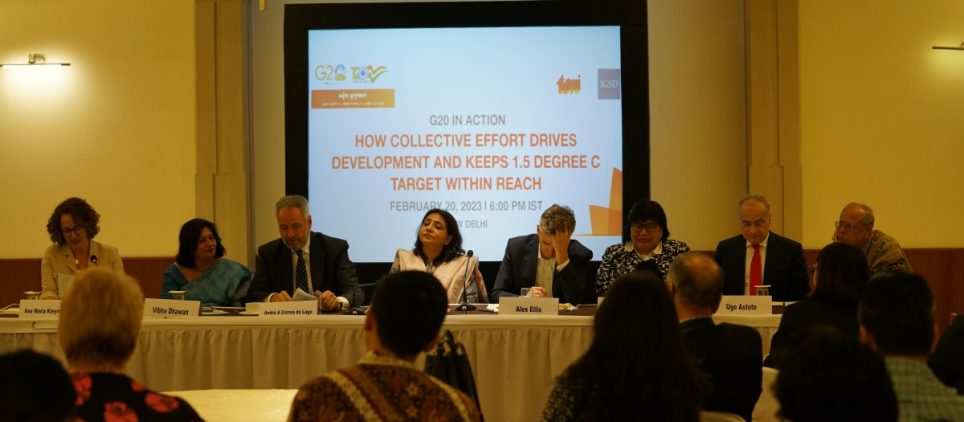
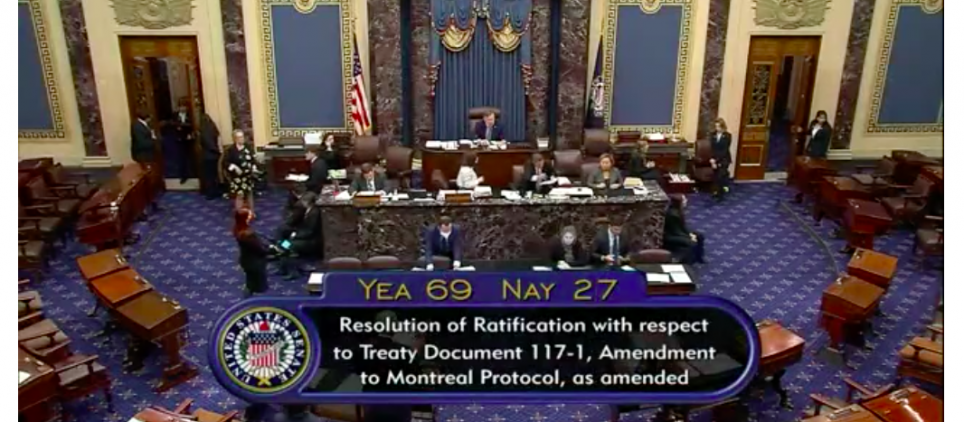 September 21, 2022
September 21, 2022
US Senate Votes to Ratify Kigali Amendment to Phase Down Super Polluting HFCs
In a major victory for the planet, the US Senate voted to ratify the Kigali Amendment to the Montreal Protocol to phase down super climate pollutants called hydrofluorocarbons (HFCs), used primarily as refrigerants in air conditioners and other cooling equipment. The Kigali Amendment needed the approval of a two-thirds super-majority of the chamber. It is the first climate treaty to clear the Senate in decades.
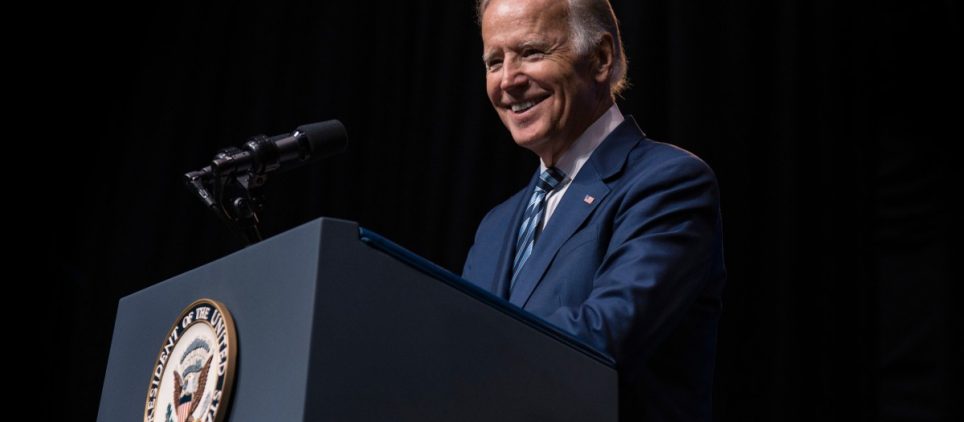
 May 23, 2022
May 23, 2022
Time to Broaden Strategy to Avert Catastrophic Climate Change
Slashing emissions of carbon dioxide, by itself, cannot prevent catastrophic global warming. But a new study concludes that a strategy that simultaneously reduces emissions of other largely neglected climate pollutants would cut the rate of global warming in half and give the world a fighting chance to keep the climate safe for humanity.
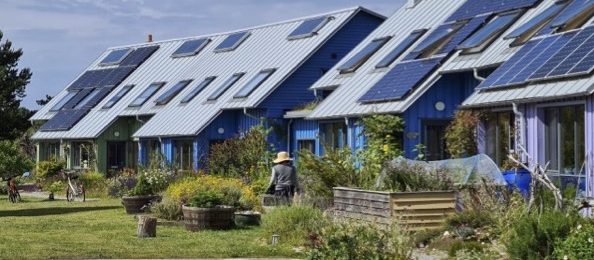
 September 17, 2021
September 17, 2021
U.S.- EU Launch Pledge to Cut Super Climate Pollutant Methane
The United States and the European Union launched a global pledge to reduce methane emissions by nearly a third by 2030, as part of a broader effort to increase ambition to address the climate crisis. The launch was announced at the Major Economies Forum on Energy and Climate hosted today by President Biden. This is the first time heads of State have pledged fast action to cut super climate pollutants to meet the 1.5°C temperature target of the Paris Agreement.
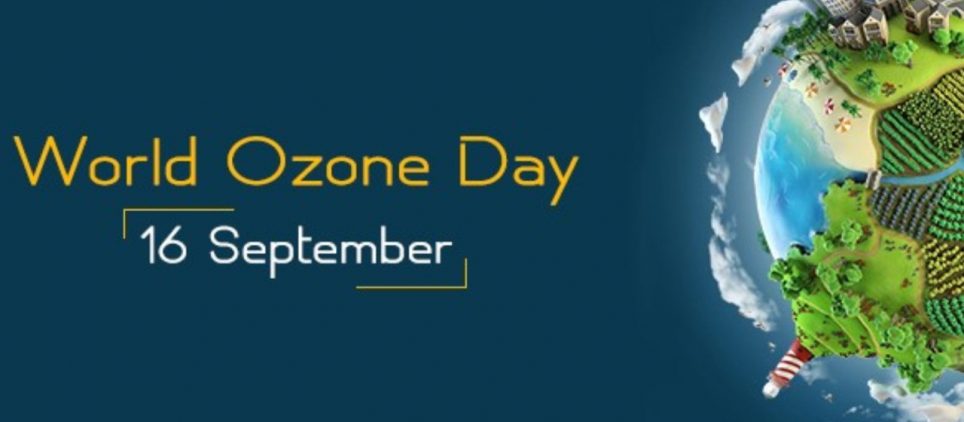 September 15, 2021
September 15, 2021
Statement on the International Day for the Preservation of the Ozone Layer
As the world enters a crucial phase in the battle to combat climate change, International Ozone Day reminds us that the Montreal Protocol on Substances that Deplete the Ozone Layer is not only saving the stratospheric ozone layer and keeping us safe from harmful ultraviolet radiation but is also doing more than any other agreement to slow catastrophic global warming. As we celebrate the achievements of this planet-saving treaty, we also need to realize how much remains to be done.
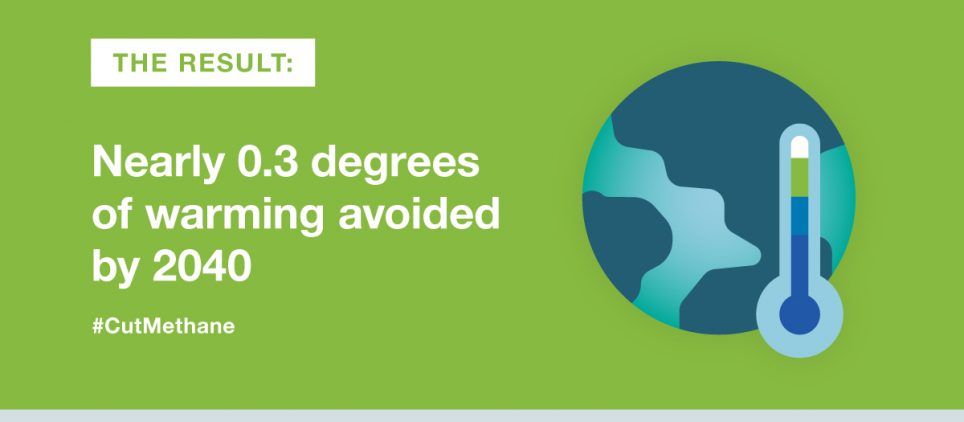 May 6, 2021
May 6, 2021
Cutting Methane Key to Keeping Earth From Warming Itself Beyond Human Control
Aggressively cutting methane emissions is the fastest and most effective way to reduce the rate of warming and keep the global average temperature from breaching the 1.5°C barrier above preindustrial levels, according to the Global Methane Assessment released today by UNEP and the CCAC. The Assessment calculates that available mitigation measures can cut emissions from human activities by 45 percent and avoid nearly 0.3 °C of warming by the 2040s.

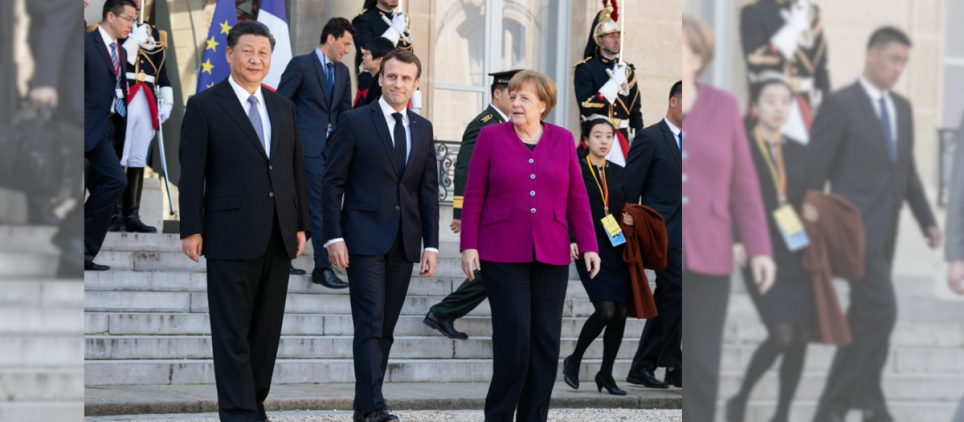
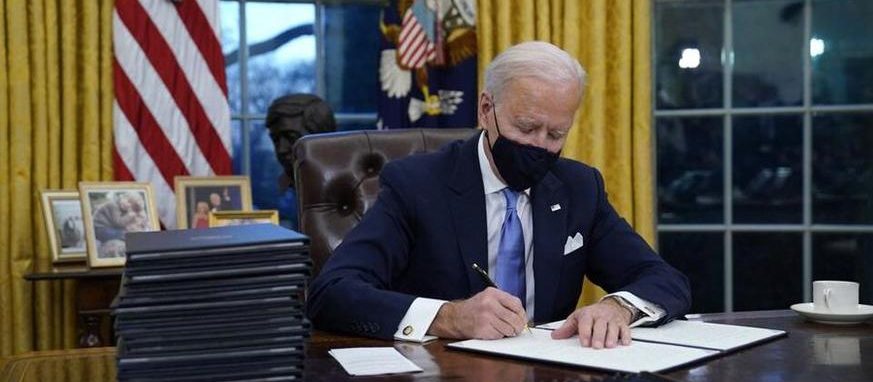 January 27, 2021
January 27, 2021
President Biden to Submit Kigali Amendment to the Montreal Protocol for Senate Ratification
President Biden directed the State Dept. to prepare a transmittal package to the Senate for the ratification of the Kigali Amendment to the Montreal Protocol to phase down potent HFCs. “President Biden knows the Senate better than any president before him, and will be using the advice and consent process to build bipartisan support for this and future climate action, which the American people are demanding,” said IGSD President, Durwood Zaelke.


IGSD works to promote just and sustainable societies and to protect the environment by advancing the understanding, development, and implementation of effective, and accountable systems of governance for sustainable development.
-
14 Jun
China Releases List to Guide and Promote Low-Global Warming Potential Alternatives to Ozone-Depleting Substances
China released a List of Recommended Alternatives to Ozone-Depleting Substances to guide and promote low-global warming potential alternatives to ozone-depleting substances (ODS). Although the List is not legally enforceable, it does play a major role in encouraging and supporting scientific research, technical development, and market deployment of ODS alternatives in China, consistent with China’s obligations under the Montreal Protocol on Substances that Deplete the Ozone Layer.
-
29 May
Fast Action Climate Mitigation Is Urgently Needed to Address China’s Rising Temperatures and Increasing Weather Extremes
In May 2023, China’s Ministry of Ecology and Environment released its annual Ecological and Environmental Status Bulletin for 2022. The Environmental Bulletin provides a comprehensive overview of China’s ecological and environmental quality over the past year.
-
8 May
Policy Developments Highlight China’s Efforts to Balance Energy Security and Carbon Neutrality Goals in the Energy Sector
In 2020, China announced the goals to peak its carbon emissions by 2030 and achieve carbon neutrality by 2060. Subsequently, in 2021 and 2022, severe power shortage incidents heightened China’s concerns over energy security. China has since issued a number of policy documents aiming to address the balance between energy security and its carbon emissions and carbon neutrality goals. This briefing aims to assist IGSD partners and climate champions in understanding the dynamics of reaching China’s climate goals.
-
22 Mar
Inter-American Court of Human Rights Will Issue Advisory Opinion to Guide States on their Obligations to Address the Climate Emergency
The Inter-American Court of Human Rights agreed to the request to issue an advisory opinion on Climate Emergency and Human Rights under Article 64(1) of the American Convention on Human Rights. The request for the advisory opinion, submitted to the Court on 9 January 2023 by the Republic of Chile and the Republic of Colombia, seeks to clarify the scope of State obligations to respond to the climate emergency within the framework of international human rights law.
